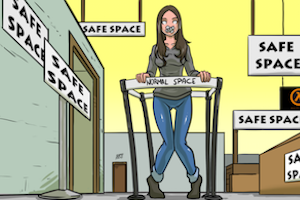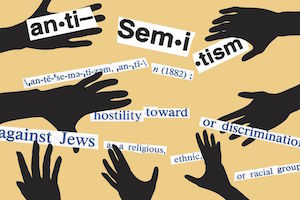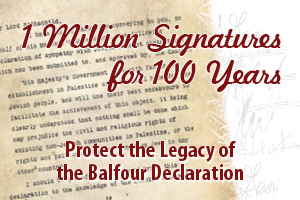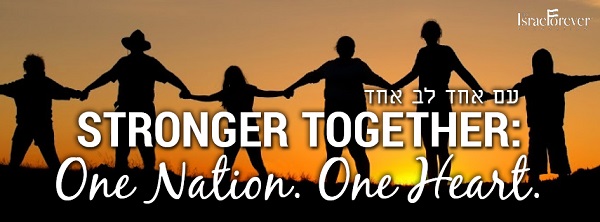From Persia to America to Israel: My Israel Story
I am a daughter of two Iranian-born Jews who were forced to flee their home at a young age, in fear of religious persecution. My mother found refuge in the Jewish state, and the warmth of Israeli culture. My father came to the United States of America understanding the gift of practicing one’s faith freely.
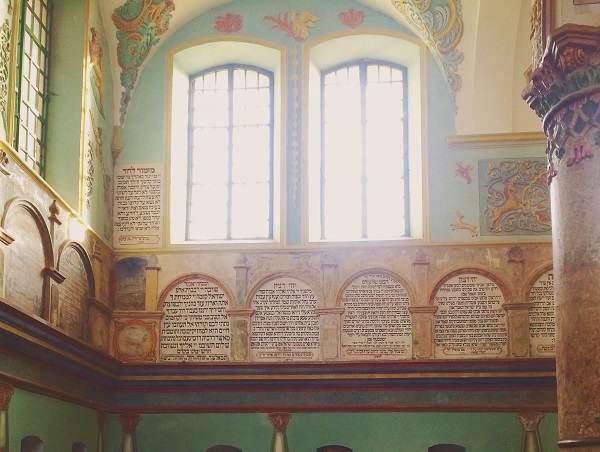
Traditional Persian culture and Jewish values permeated my childhood home. Attending Jewish day school further instilled traditional Jewish and Persian values.
After 8 years of Jewish Day School, I decided to attend public school. I felt insulated and wanted to become more a part of the wider world. Whereas all my friends stayed in private Jewish schools throughout their lives, I wanted my classmates to be of all backgrounds. I looked forward to befriending people different from me.
My best friend in public school was another Persian girl, who happens to be of Muslim faith. Our shared Persian culture brought us closer than sisters. I reveled in our ability to share our religions, it felt only natural and easy to do so (contrary to the messages I heard in popular culture and the news). She sat at our Shabbat table and I scanned through passages of the Quran with her. I was very active in Jewish life, and she was in her Islam, and we continued to do so without it ever phasing our relationship.
And even with my move to public school, I knew I was still living in a comfortable “bubble.” I felt the need to further be challenged, expand my perspectives, and so I went where I knew I would be: Berkeley, California.
I was ready to dive in, prepared to be frustrated more often than not. I did not think it would happen on my first day, so often and so intensely!
During orientation week most students ask their peers the 3 essential questions: What’s your name? Where you’re from? What are you studying? My answers inevitably steered the discussion towards the Israeli/Palestinian issue. The introduction of Israel into my narrative triggered most people. And I was immediately put on the defensive. At first, it was humorous to me as to why this was, especially since most of what was being said to me sounded like a slew of empty news headlines, with no context or knowledge behind them. Slogans and not actual speech.
My best friends growing up, according to the stereotypes of my peers, should have been my enemies. I bonded with students from Egypt and U.A.E on our love for Arabic culture and language and our conversations never steered into such hateful sentiments as those being reflected to me by people who understood nothing about my background or heritage.
In Israel, I’ve had fascinating conversations with Arab Israelis. So why, at a casual social function, did one word (and not even my expression of fondness for the Land of the Jews) suddenly upset a nice conversation? Why would someone who did not know me, or my ideas, feel the need to quickly attack a place that meant so much to me? I was hurt, and skeptical.
I had to anchor myself in facts, research, and to figure out my own stance in order to maintain the strength my side of an argument, whatever that may have been. I took classes at Chabad, Hillel, Maimonides. I spent 10 life changing days on a journey of the Holocaust in Poland. I also enrolled in Jewish studies classes, which, at Berkeley, meant in depth criticisms of the Jewish State.
I attended MENA (Middle East and North African) Salons along with my Arab peers. My two ways of learning about Jewish studies, through religious institutions and very critical channels, balanced each other and allowed me to uncover not only my passion for the complexity of the subject but a sincere stance on the issue.
Now, I no longer felt confused. I no longer scrambled for answers. I had done my research with integrity and was ready to speak with full confidence. In fact, my connection to my Jewish heritage and Israel was stronger than it had ever been, because my perspective was a product of my own critical questioning and learning to answer all of the tough questions thrown at me.
As I continued to have these conversations, my previous realization grew even stronger: those who were most fervently triggered by Israel were also the most insular and least knowledgeable. My classmates who most nobly fought for women’s rights, civil rights and liberal ideals, were unwilling to extend the same intellectual processes to the Jewish State. Yet, within countless debates that ultimately fell of deaf ears, I was thankful for some very personal dialogues with students who were willing to listen and share. With an Arab student, we spoke about the issues facing our respective families in Israel and the disputed territories. Together, we grew nostalgic of the spices and tasty falafel. He understood my perspective and I appreciated his.
I sought to provide such human dimension to more of my peers in order to bring down fictitious walls that so strongly divide our campus community. I garnered all the resources available to me to construct and teach a course titled “Film: A Look into Israeli Minorities.” More than twenty students from varied levels of initial knowledge and experiences, cultures, and academic backgrounds enrolled in the course, which allowed for an inclusive forum for the exploration of, and dialogue of those minority populations.
Bringing to the fore the stories of those most vulnerable in society and facilitating dynamic conversations proved a successful endeavor. But, it was now clear to me that creating dialogue is just the first step in materializing change.
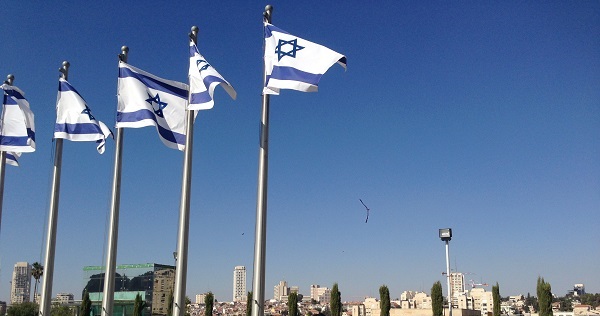
Upon graduation, I knew my quest was not over. It seems that a chunk of my peers still were hateful and felt no reason to engage in dialogue. As I continued to learn, my connection to Israel and my Jewish heritage strengthened. And so, I chose to take the summer to really immerse myself in both the Jewish State but also in further understanding the politics and issues that affect it.
My time in Israel has been invaluable. First, I realized that, as an American, I’ll never understand the harsh reality that Israeli’s face. I’ll never know how it feels to be woken up by missile sirens, to have siblings on the front lines, and to constantly be under a security threat. Second, I realized that the issues cannot be simplified, they are complicated, deep and personal. My peers in America, who’ve never experienced Israel, will not understand this, although I wish they did because then they would be less shortsighted. Third, there is no room for hate, nor insularity, but only for intellectual and personal growth.
It is not enough to learn from textbooks. If you are dedicated to the cause, you must understand it in its entirety, and that means traveling to Israel. I am excited to bring my experiences back to America, to continue to educate my peers, and where I will be starting my law degree in hopes of bringing about justice to the international community.

